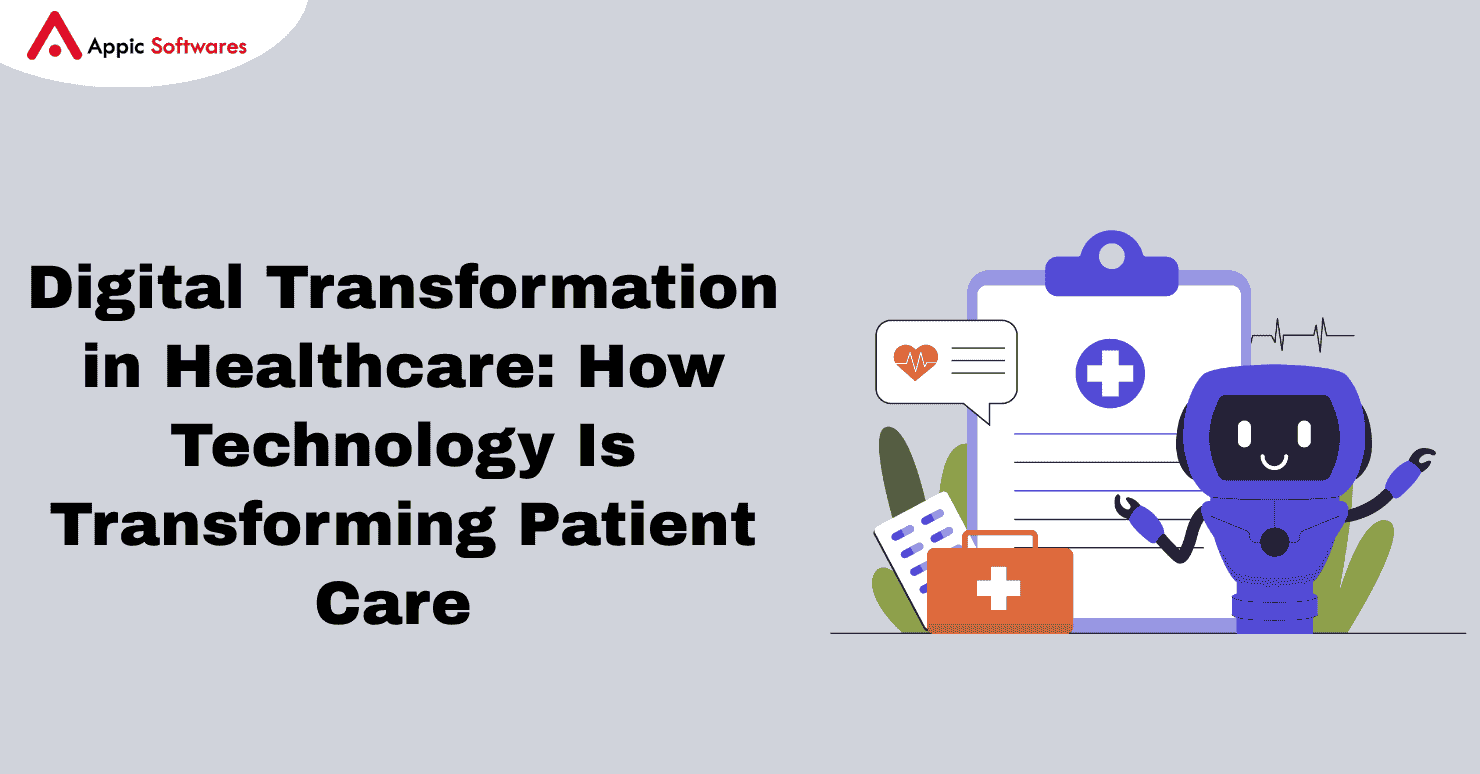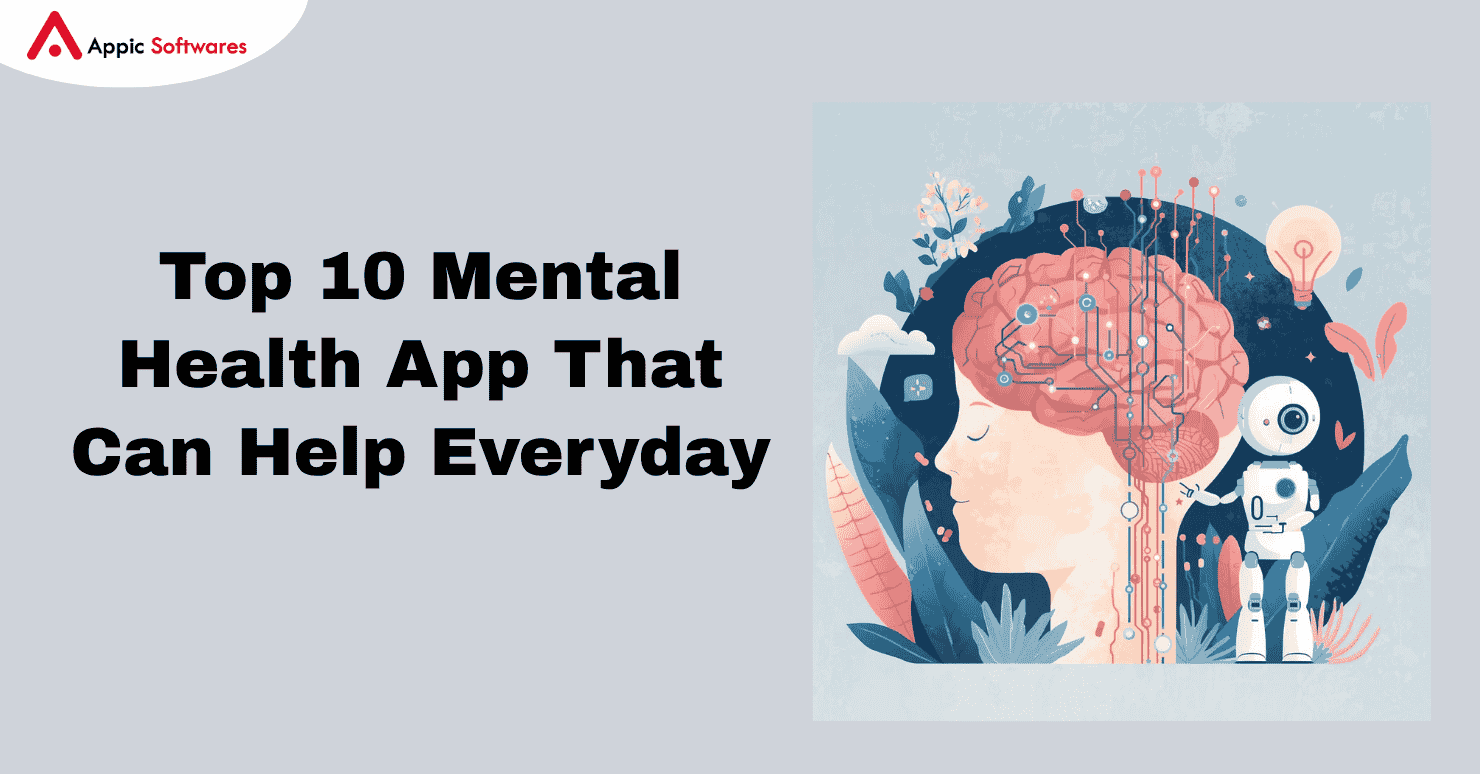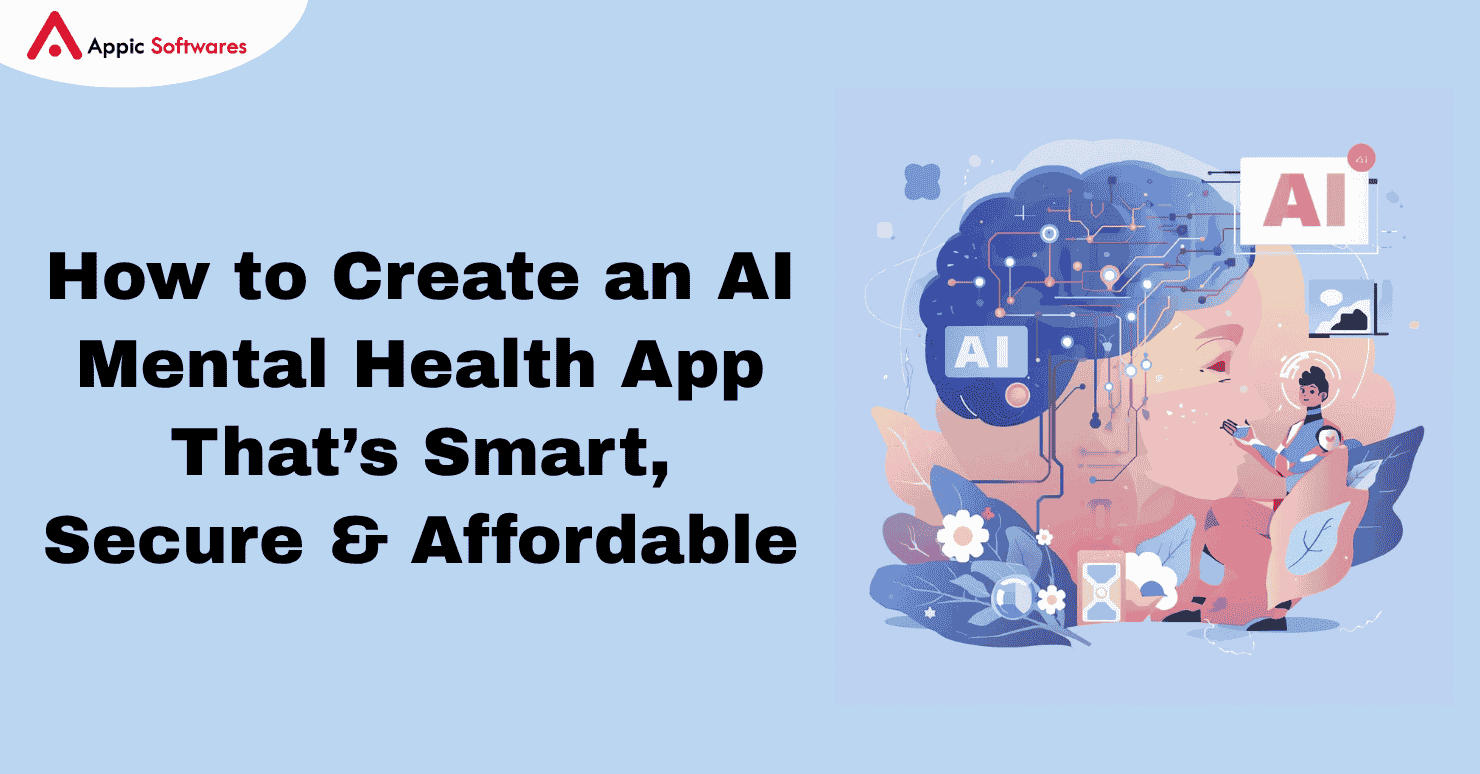
I swear, the hold music at my doctor’s office is designed to make you sicker. You know the drill: the crackly elevator music, the robotic voice telling you your call is “very important,” the endless wait just to ask a simple question. It feels so… broken. Like we’re trying to navigate our health with tools from the dial-up era. But something big is finally starting to shift. This massive change is what everyone’s calling the digital transformation in healthcare, and I’m not gonna lie, it’s about damn time.
This isn’t just about putting old forms on a website, either. It’s a complete rethinking of how we manage our own well-being. The whole point of the digital transformation in healthcare is to use technology to yank medicine into the 21st century, making patient care something that works for us, not against us. It’s about more access, smarter tools, and a more personal connection. So yeah. That’s the deal. And it’s changing absolutely everything.
The Rise of Transformational Healthcare Services
So what are these transformational healthcare services, really? It’s all the stuff that makes you go, “Oh, finally!” It’s ditching the clipboard and paper charts for digital records that a doctor can pull up in seconds. It’s having a video call with a specialist from your kitchen table instead of taking a half-day off work.
It’s the simple things, like a text reminder so you don’t miss an appointment, and the mind-blowingly complex, like an AI that can spot a tumor on a scan before a human radiologist might. These aren’t just little tweaks; they’re game-changers. The goal of transformational healthcare services is to make healthcare less of a frustrating maze and more of a supportive partnership.
The Role of Medical Software Development Companies
Behind every smooth telehealth app and every efficient hospital portal, there’s a whole team of brilliant people coding away. Medical software development companies are basically the architects building this new digital world for us. They’re creating the platforms that connect us to our doctors, the software that keeps hospitals from descending into chaos, and the analytical tools that could find the next big cure.
But it’s a crazy amount of responsibility, right? You can’t just build a health app with the same “move fast and break things” attitude you’d use for a social media app. These tools handle our most private information. That’s why the best medical software development companies are a unique mix of tech geeks and healthcare nerds. They have to get the people, the stressed-out doctors, the overworked nurses, and us, the patients, who will be using their creations every single day.
Essential Healthcare IT Support Services
Okay, but what happens when the amazing new system crashes? Or a doctor can’t log in during an emergency? It’s all useless without a safety net. That’s where healthcare IT support services come in. These are the unsung heroes working in the background, making sure the entire digital machine keeps running.
And this isn’t your cousin who helps you fix your printer. They’re dealing with systems where a glitch could have life-or-death consequences. Imagine the hospital’s main server going down. Yeah, no thank you. These teams offer specialized, high-stakes support, ensuring everything is secure, fast, and compliant with a mountain of regulations. Without solid healthcare IT support services, all this cool new tech is just a disaster waiting to happen.
Choosing the Right Healthcare Software Development Company
If you’re a hospital or clinic trying to modernize, the pressure to pick the right tech partner is huge. A good Healthcare Software Development Company doesn’t just see a project; they see a mission. They get in the trenches with you, asking the tough questions to figure out what real problem they need to solve.
You absolutely need a team that’s obsessed with making things easy to use. Doctors and nurses are already juggling a million things. If a new tool is clunky or confusing, they just won’t use it. It’ll just collect digital dust. Finding a great Healthcare Software Development Company is about finding a true collaborator who understands that human lives are on the line.
Key Focus on Mobile Healthcare App Development
Let’s be real: our phones are practically attached to our hands. It only makes sense for healthcare to go mobile, too. The explosion in mobile healthcare app development is wild. We’re talking about everything from apps that help you manage diabetes to platforms for mental wellness coaching and portals where you can see your test results the second they’re ready.
This shift puts so much power right back in our hands. You can track symptoms, message your care team, and get health tips tailored to you. Good mobile healthcare app development is all about creating tools that feel less like a chore and more like a helpful, empowering partner in your pocket.
Fundamentals of HIPAA Compliance Services
I’m gonna sound like a broken record here, but it’s that important. HIPAA. It’s the big, scary set of rules that protects our private health information. It’s the lock on the digital vault.
Any company that touches health data has to live and breathe this stuff. HIPAA Compliance Services are not optional. This covers everything from encrypting data so no one can snoop on it to running constant security checks. If a software company ever gets fuzzy on its HIPAA strategy, you should run for the hills. Seriously. Strong HIPAA Compliance Services are the foundation of all trust in digital health.
Core Areas in Healthcare Software Product Development
The universe of healthcare software product development is getting bigger and more interesting by the day. We’ve moved past just making digital copies of old paper processes. Now, it’s about inventing brand-new ways to keep people healthy, stuff that felt like pure sci-fi a few years ago.
The whole point of modern healthcare software product development is to build tools that are smarter and more personal. Basically, we want technology that helps doctors catch problems earlier, customizes treatments to your unique body, and makes you an active player in your own health story.
Innovations with AI in Mental Health
This is one of the areas that gives me the most hope. The potential for AI in mental health is just staggering. For so many people, getting help is tough because of money, location, or just the fear of being judged.
AI-powered chatbots can offer a listening ear and coping strategies any time, day or night. Some algorithms can even analyze language patterns to spot early signs of depression, giving someone a gentle nudge to get help before things get worse. Look, this isn’t about replacing human therapists. It’s about creating a safety net. The power of AI in mental health is its ability to reach people who are quietly struggling and offer a first step toward healing.
Integrating Wearables and IoT Devices
Take a look around. Almost everyone has a smartwatch or fitness tracker. All that data, your heart rate, how you’re sleeping, how many steps you take, is a goldmine of information about your health. When we plug that data from wearables and other “Internet of Things” (IoT) devices into our medical records, doctors get a much clearer picture of who we are outside the clinic.
Instead of just judging your health based on a 15-minute visit, a doctor can see trends over weeks. Are your blood pressure spikes related to stress? Is your new medication affecting your sleep? It’s about connecting the dots between your real life and your health in a way we’ve never been able to before.
The Impact of Healthcare Software Product Development on Patient Outcomes
When it comes down to it, none of this shiny tech matters if it doesn’t actually help people get better. But the good news is, it’s working. Smart healthcare software product development is leading to genuinely better patient outcomes.
When your doctor can instantly see your entire medical history, they can make safer, more informed decisions. When you’re engaged in your own care through an app, you’re more likely to take your meds and follow your treatment plan. The entire goal of healthcare software product development is to make getting and staying healthy less of a guessing game.
Data Security and HIPAA Compliance Services
And we’re back to trust. It all boils down to this. You have to feel completely safe putting your most sensitive information into a digital system. This is why top-notch data security and bulletproof HIPAA Compliance Services are the absolute cornerstones of this whole revolution.
Patients need to know their data won’t be sold or leaked. Hospitals need to be protected from hackers. It’s a relentless, ongoing battle. Without a deep, unwavering commitment to HIPAA Compliance Services, the whole digital health dream falls flat on its face.
The Future of Mobile Healthcare App Development
So, what’s next on the horizon? I think the future of mobile healthcare app development is all about getting crazy-personal. Imagine an app that doesn’t just nag you to take your pills but also checks the pollen count and warns you to take your allergy meds before you even step outside.
We’re gonna see more apps that act as a central hub, connecting everything from your fitness tracker to your pharmacy. The phone in your pocket will become your personal health mission control. The potential for mobile healthcare app development to help us live healthier lives is just about limitless.
Final Thoughts
Look, the digital transformation in healthcare isn’t some magic wand. There are still massive hurdles like making sure everyone has access, protecting our privacy, and convincing old-school clinics to change. But I’m honestly so excited about where this is all going. With the right app development approach, we’re finally using technology to make healthcare more about the human at the center of it all. And that’s a future I really want to be a part of.
Frequently Asked Questions (FAQs)
What exactly is the digital transformation in healthcare?
In simple terms, it’s about upgrading healthcare from analog to digital. It’s using technology like software, AI, and mobile apps to improve how doctors work and how we experience care, making the whole system smarter and more focused on the patient.
Is my health data really safe with all this new tech?
It’s a huge concern, and for good reason. Trustworthy medical software development companies are obsessed with security. They use heavy-duty tools like encryption and follow strict rules laid out by HIPAA Compliance Services to keep your private info private. It’s their number one job.
How does a Healthcare Software Development Company help a hospital?
They’re like custom builders for the digital world. They create the specific software a hospital needs, whether it’s a better system for managing patient records, an app for booking appointments, or a tool to help surgeons plan a procedure. They build the digital infrastructure that makes a modern hospital tick.
Can AI really help with mental health?
For sure. While AI in mental health won’t replace a human therapist, it makes support way more accessible. AI apps can offer 24/7 coaching, guided exercises for anxiety, and even help spot warning signs early. It’s about giving more people a lifeline when they need it most.
What are transformational healthcare services?
These are the big-deal services that are completely changing the game. Think telehealth video calls with your doctor, remote monitoring where your wearable device sends data to your care team, and treatment plans based on your unique DNA. They’re a massive leap from the old way of doing things.







